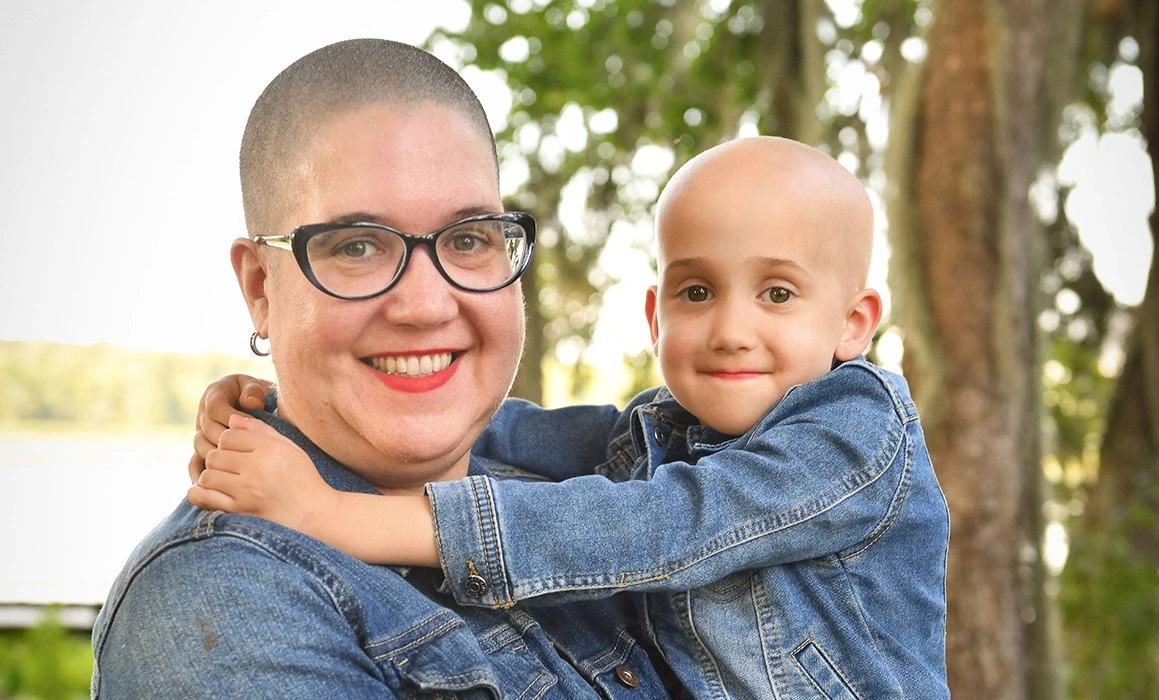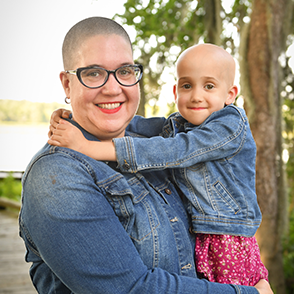Okay, here it is. You’ve just earned your Master’s Degree in Forensic Science with an emphasis in Technical Investigations (fancy for Crime Scene Processing). You’re out in the real world, cut loose from the safety net that college life offers. What now?
In my case, I panicked, pulled my hair out, ran around naked through my living room screaming “Where’s the beef? Where’s the beef?, until I ran straight into a wall knocking myself unconscious, only to wake up with my cat staring at me like I’m a side dish. Is it true? No, but on the inside I felt like that’s what was going on. So, the question remains: How did I find my first job as a Death Investigator?
I had two career options available to me through my graduate school education. One option was for crime scene processing. The other option was for death investigation. One morning before class started, I asked one of my instructors (a retired police officer) at what point in time should I begin looking for work. He told me that if I was looking for work with a police department, the absolute fastest he’d every heard anyone of getting hired was six months from the time the application was submitted. So, his advice to me was that if I wanted to be employed in my field before I graduated to start looking for work at least six months prior.
For anyone who wants to pursue a career in forensics, or even if you’re just curious. I posted some links for forensic science websites. These are legitimate websites to go to for prospective places of employment, and I’ve used them with a fairly decent amount of success. These websites are where I went to look for work, and through them I began submitting applications for employment.
And of course, the job offers just came rolling in because, after all, I was special, I almost had a Master’s Degree. Well, not quite. The rejections came piling up, but I just ignored them and kept on going. The other technique I employed was to send out unsolicited cover letters and resumes to medical examiner and coroner’s offices all over the counted. I know what you’re probably thinking. Isn’t that bad? Didn’t I read somewhere that sending out unsolicited resumes won’t get you anywhere? Sure. I’ve read that too. Still, it didn’t stop me from trying.
More often than not, I never heard back from any of the offices I sent a resume to. On one occasion, I sent a resume to a coroner’s office and they sent it back to me with the cover letter and the envelope that I had mailed it in, with a stern advisement that they do not accept unsolicited resumes and that I would have to check their website for job postings and then come down to the county human resource office and apply in person. It might have been good advice, if I lived in that state. But honestly, I couldn’t get past the fact that they sent back the original envelope I used. What the hell was I going to do with that?
By the time I graduated I had one job possibility in Arizona. I was being considered for a crime scene technician position by a police department and had learned of that position through one of the forensic websites I have attached to this blog. While I was waiting to hear from that office, I sent out another stack of unsolicited resumes to medical examiner’s and coroner’s offices all over the country (clearly I hadn’t learned my lesson the first time).
You’ll never guess what happened. One of the coroner’s offices that I sent a resume too, contacted me and asked me to come out for an interview. As it so happened, they had an opening but only used a local county website to post the position, and not one of the national forensic websites I had been using. Ladies and gentlemen, my first job, my dream job, came only three months after I graduated by way of an unsolicited resume. How about that?
All in all my job search spanned over a total nine months. I won’t lie, it was quite frustrating through the entire process. But, it all worked out for the best.
Share this:
- Click to share on Facebook (Opens in new window)
- Click to share on Twitter (Opens in new window)
- Click to share on Pinterest (Opens in new window)
- More
- Click to share on Reddit (Opens in new window)
- Click to share on Telegram (Opens in new window)
- Click to print (Opens in new window)
- Click to share on Pocket (Opens in new window)
- Click to share on LinkedIn (Opens in new window)
- Click to share on WhatsApp (Opens in new window)
- Click to share on Tumblr (Opens in new window)







